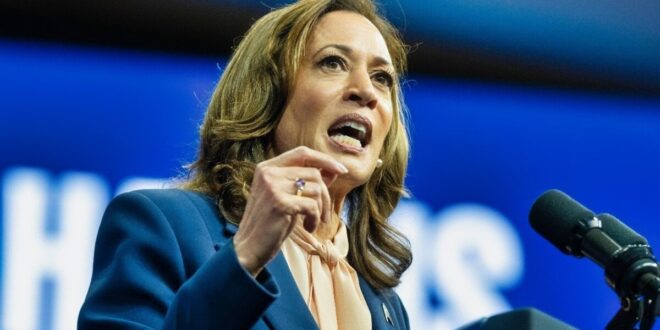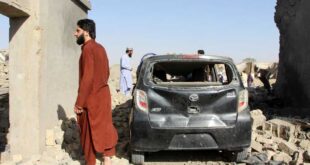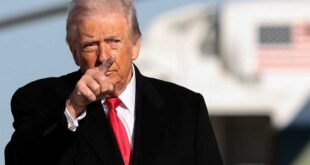As the 2024 election draws near, Arab American voters in Dearborn, Michigan, find themselves grappling with a profound sense of disenfranchisement and frustration. With ongoing U.S. foreign policy failures—particularly regarding the crisis in Gaza—many in this community feel their voices have been silenced, leading to a complex electoral dilemma.
Orthopedic surgeon Dr. Adam Fahs vividly recalls the devastating sights he witnessed during a recent trip to Gaza, where he treated wounded Palestinians amid dire shortages of medical supplies. “There’s a tradition now that before you sleep, you say goodbye to your family,” he explains, highlighting the constant fear of loss faced by those in conflict zones. For Fahs and many others in Dearborn, the candidates vying for power seem indifferent to these realities. The traditional Democratic leanings of Arab Americans are being tested as they assess the lack of meaningful engagement from both major parties on issues that profoundly affect their lives.
Dearborn is home to America’s largest Arab American population, and historically, this community has leaned toward Democratic candidates. However, disillusionment has set in. In this year’s Democratic primary, 13% of voters opted for the “uncommitted” choice, signaling a demand for more substantial action on foreign policy, particularly regarding Israel and Palestine. Yet as November approaches, the absence of a viable alternative has many wondering whether to support familiar faces or consider third-party options.
At the recent Arab American Anti-Discrimination Committee’s convention, known as ArabCon, voices of discontent rang out. Activists and local leaders emphasized the need for Arab Americans to engage politically—not just out of obligation but out of genuine hope for change. Susan Abulhawa, a prominent novelist and activist, urged attendees to “vote out of hope, not fear,” encapsulating the desire for a political landscape that resonates with their values.
Arab Americans are not just focused on the Gaza conflict; they are also concerned about broader issues such as healthcare, economic inequality, and the lasting impacts of past wars in Iraq, Yemen, and Syria. Many are feeling increasingly alienated from both parties, believing that their concerns are not being adequately addressed. “The Democratic Party has missed several key opportunities to reassure Arab American voters,” state Rep. Alabas Farhat lamented, pointing to the administration’s continued military support for Israel amidst rising Palestinian casualties.
This sentiment is echoed by Maryam Hassanein, a former Biden administration staffer who resigned in protest over the handling of the Gaza crisis. “Nothing will change if voters feel pressured to support a party that doesn’t reflect their needs,” she asserted. The urgent call for change is echoed by community activists, who argue that both domestic and foreign policies must be addressed holistically.
Despite some community members leaning toward the Republicans, discontent with Trump’s record—particularly his past support for the Muslim travel ban—remains palpable. Some young Arab Americans are even considering a vote for third-party candidates like Jill Stein, whose platform resonates with their advocacy for Palestinian rights.
The upcoming election represents a pivotal moment for Arab Americans in Dearborn, one that will shape not only their political landscape but also the future of their community’s voice within the broader national discourse. As activist Linda Sarsour reminds them, “Don’t forfeit your right to participate in democracy. Vote for candidates who align with your values.”
In this critical moment, the challenge lies in transforming frustration into action, ensuring that Arab American voices are not only heard but represented in the policies that shape their lives.
 Geostrategic Media Political Commentary, Analysis, Security, Defense
Geostrategic Media Political Commentary, Analysis, Security, Defense





